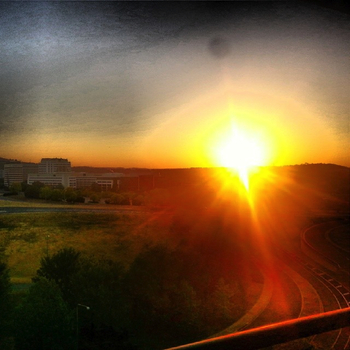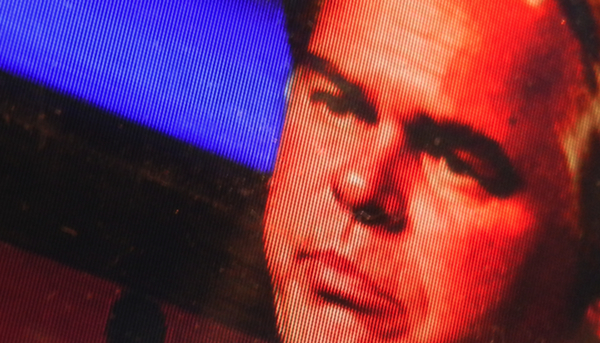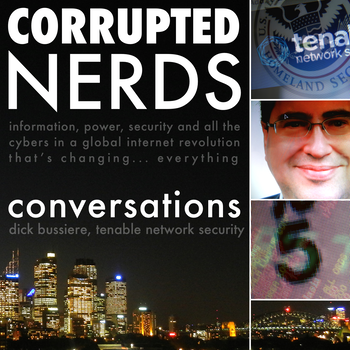![]() The (relatively) new Australian Cyber Security Centre (ACSC) released its first-ever unclassified threat report yesterday, but as I wrote at ZDNet, I was disappointed.
The (relatively) new Australian Cyber Security Centre (ACSC) released its first-ever unclassified threat report yesterday, but as I wrote at ZDNet, I was disappointed.
The report (PDF) has dropped, and indeed it contains few surprises. It tells the now-familiar story of serious and organised criminals, foreign state-sponsored actors, and other “cyber adversaries”, all of whom are getting better at what they do.
“The cyber threat to Australian organisations is undeniable, unrelenting and continues to grow. If an organisation is connected to the internet, it is vulnerable. The incidents in the public eye are just the tip of the iceberg,” begins the report’s foreword.
“Cyber adversaries are aggressive and persistent in their efforts to compromise Australian networks and information. They are constantly improving their tradecraft in an attempt to defeat our network defences and exploit new technologies,” it says later.
“Australia is an innovative country with a globally important resources sector. We are a regional leader with global interests and important partnerships. This makes Australia a target-rich environment for cyber adversaries.”
All of which is true, of course, but all of which has been said so many times before.
I spoke about the report today with Will Goodings on 1395 FIVEaa Adelaide — with somewhat less disappointment in my voice.
Podcast: Play in new window | Download (Duration: 11:29 — 5.5MB)
The audio is ©2015 Nova Entertainment.




 Monday night’s
Monday night’s